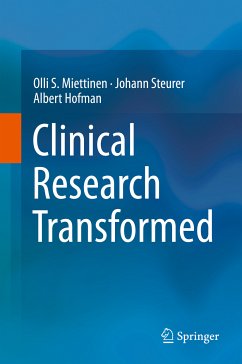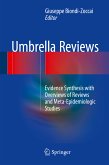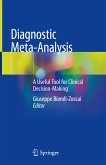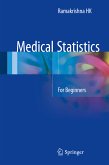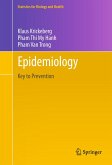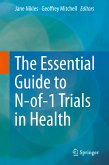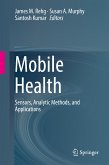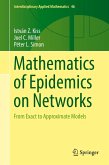This book delineates the fundamental transformations that, according to its precepts,
are now needed in the objects and methods of 'patient-oriented' clinical research, in
order to make it genuinely patient-relevant. These transformations are presented as
providing for transition from today's 'evidence-based' practices (advocated by 'clinical
epidemiologists') to knowledge-based succedanea of these. While those existing
practices vary according to doctors' personal opinions about the burden of the available
evidence, their knowledge-based succedanea will be essentially invariant across
individual doctors, as they'll be guided by 'expert systems' (imbedded in cyberspace). At
issue in this is transformation in what the authors present as the very essence of clinical
medicine, namely clinical doctors' esoteric ad-hoc knowing: "gnosis." This is clinical
doctors' knowing - probabilistic - about relevant-but-hidden truths about their patients'
health, and constitutes the basis for their teaching ("doctoring") the patients about these
esoteric insights. The probabilities are 'personalized' in the meaning of their specificity
to the cases' gnostic profiles.
Genuinely patient-relevant clinical knowledge this book presents as the requisite
basis for three species of clinical doctors' gnosis: diagnosis - knowing about whether a
particular type of illness is present (though hidden) in the patient; etiognosis - knowing
about whether the patient's illness was caused by a particular antecedent of it; and
prognosis - knowing about the patient's future health, including as to its dependence
on the choice of treatment. Pivotal in gnostic clinical research this book presents to be
the studies' objects design in terms of a statistical model for the rate of occurrence of
the entity of health in question, in a defined domain of case presentations. The
essentials of the studies' methods designs are deduced from their objects designs.
Study of this book - on the theory of "meta-epidemiological clinical research" - is
essential preparation for teaching 'patient-oriented' clinical research and for actual
design & conduct of the studies and of their critical reviews. And by the same token,
study of this book is essential preparation for the needed replacement of 'case-based
learning' of clinical medicine, for suitably-learned teaching of the practice of clinical
medicine - focused on the status quo of the scientific knowledge-base for (gnoses in)
the discipline ('specialty') at issue.
Dieser Download kann aus rechtlichen Gründen nur mit Rechnungsadresse in A, B, BG, CY, CZ, D, DK, EW, E, FIN, F, GR, HR, H, IRL, I, LT, L, LR, M, NL, PL, P, R, S, SLO, SK ausgeliefert werden.

